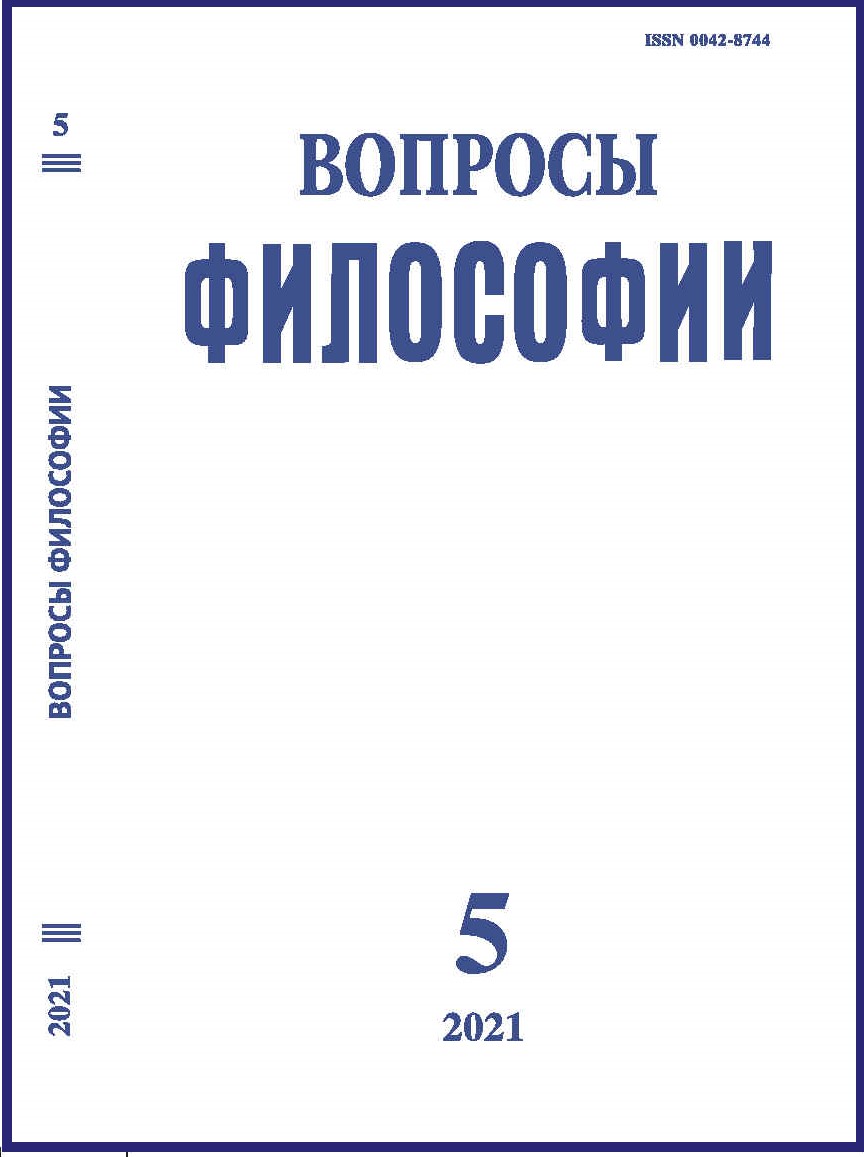Philosophical Heritage of Peter II Petrović Njegoš
DOI:
https://doi.org/10.21146/0042-8744-2021-5-159-168Keywords:
Njegoš, tyranny, political realism, power, justice, thought, immortality, freedom, Christ.Abstract
The theme of the tyranny is one of the great European literary and philosophical themes in Njegoš’s poetry. Tyranny (or Tirjanstvo) as a phenomenon and the concept is not only one of the key words in the vocabulary of Njegoš, but also one of the pillars of the architectonics of his poetic structure. The concept of tyranny appears in The Thought and The Ray of Microcosm, has special significance. When one taken into account The Mountain Wreath, these meanings are mutually connected and implicative. This suggests continuity, logical coherence, even systematic approach to developing a distinctive motifs and challenging subject. Hence the term tyranomahia is taken here as one of the possible approaches to the poet’s personality, his work and his literary and philosophical view of the world. The ghost of tyranny always hovers over the asymmetries of the relationship between the strong and the weak, the majority and the minority. The potential for tyranny exists in all relationships where the smaller and weaker stand against the bigger and stronger. In this fa(c)tum, a seemingly value-neutral power imbalance between the two sides, proponents of immorality of the power have always sought a foundation and justification for domination. But the facticity of the immoral power of the law of the stronger has been called into question by the introduction of the moralistic principle of justice. It should not be ruled out that Njegoš, as a ruler, noticed the movement from the ghost of tyranny to its mimicry in the realism of the political theory which pumps the blood of legitimacy to that ghost.

